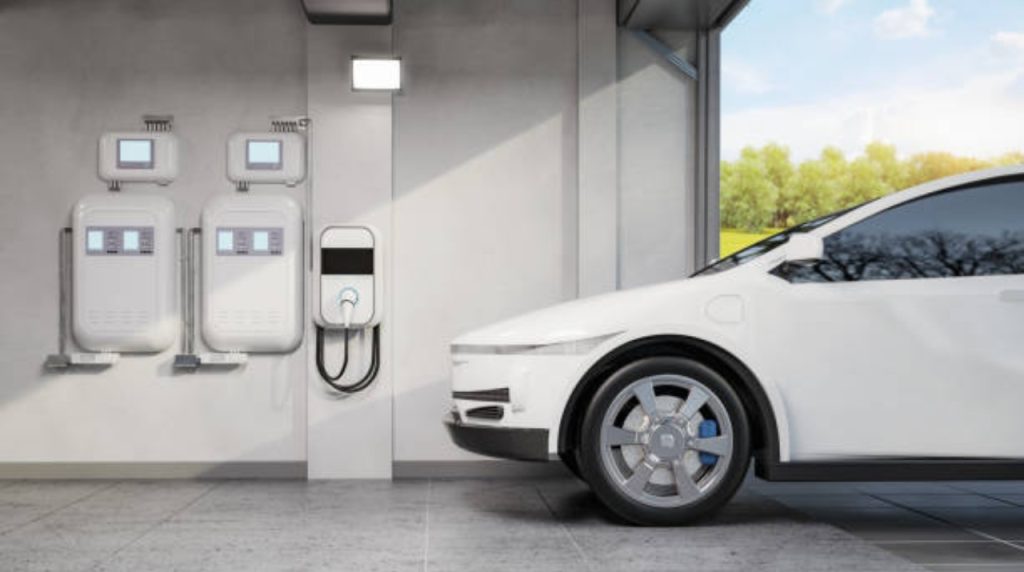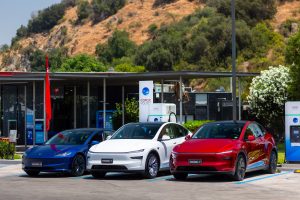
What Challenges Does Chile Face in Massification of Electromobility?

In the framework of the International Electric Vehicle Day, celebrated this week, the National Automotive Association of Chile (ANAC) put into context the challenges for the massification of electric mobility.
According to the association, in Chile, there is still a low awareness of electromobility among the population, in addition to the perception that it is inaccessible and that the charging network is insufficient.
In this sense, the President of ANAC, Sebastián de Cárcer, explained that there are many challenges that the industry will have to face in the future.
“Sustainable mobility is safe, autonomous, efficient, connected, electrified, circular and socially responsible mobility in order to have more humane and livable cities,” he explained in statements reviewed by El Mostrador.

Great Challenges
The sale of electric vehicles has been increasing in Chile, partly due to greater environmental awareness, government incentives and technological advances.
However, charging infrastructure has not grown at the same pace, raising concerns about the grid’s capacity to support the expanding electric vehicle fleet.
Santiago and other large cities have a higher concentration of chargers, which has allowed for faster growth in EV adoption in these areas, but there are still large gaps in charging infrastructure in rural areas and areas further from the center of the country.
This limits the range and convenience for those who want to make long journeys or live in less populated regions.
Several factors play a role in bridging this gap. To begin with, and to ensure that the infrastructure expands in an efficient and compatible manner, standardization and regulation of chargers, including issues of public access and tariffs, is critical.
Although charging points have been implemented in shopping malls and gas stations, the number remains limited compared to the expected demand as more people purchase electric vehicles.





